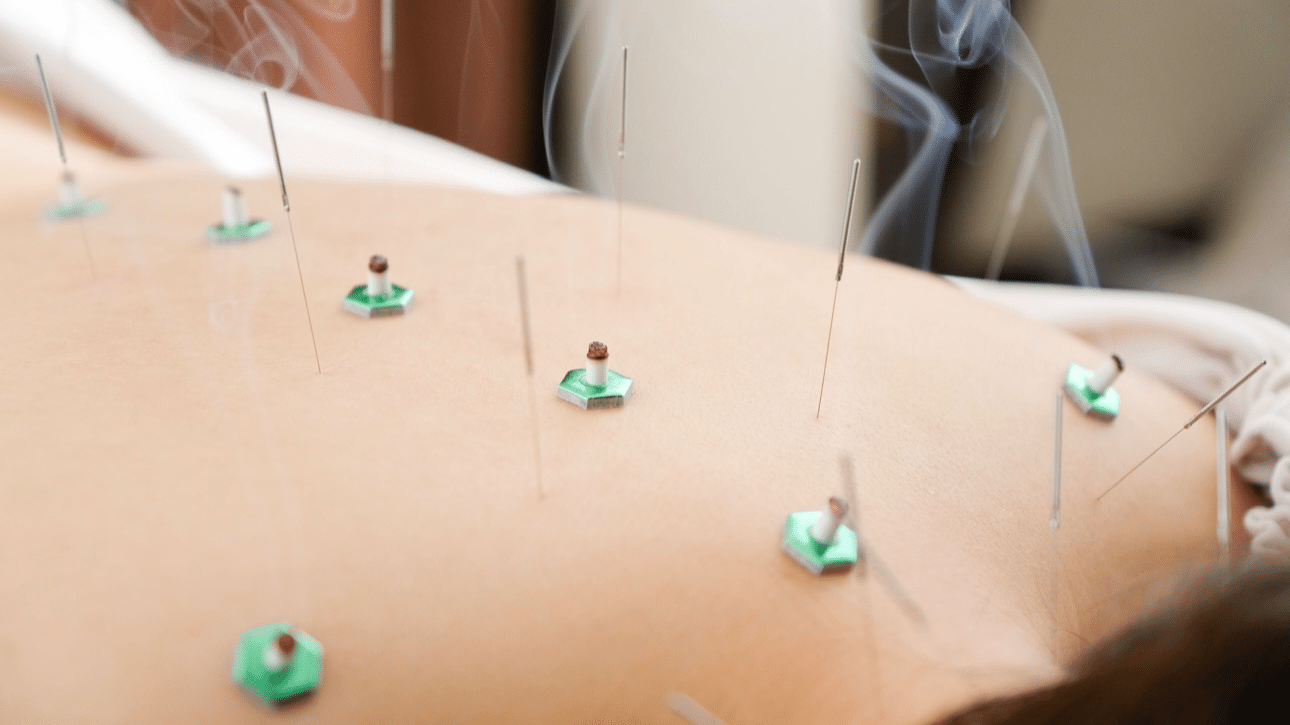Acupuncture While Pregnant: Benefits, Safety, and Considerations
Pregnancy is a beautiful journey filled with joy and anticipation, but it can also bring discomfort and challenges. Many women seek natural and holistic approaches to support their well-being during this time. Acupuncture, an ancient Chinese healing technique, has gained popularity as a complementary therapy for pregnant women. In this article, we will explore the benefits, safety considerations, and potential risks associated with acupuncture during pregnancy. Understanding this holistic approach can help expectant mothers make informed decisions about their prenatal care.
1. What is Acupuncture?
Acupuncture is a traditional Chinese medicine practice that involves the insertion of thin needles into specific points on the body. These points are believed to correspond to energy pathways, or meridians, which regulate the flow of Qi (vital energy) in the body. By stimulating these points, acupuncture aims to restore balance and promote overall health and well-being.
2. Benefits of Acupuncture During Pregnancy
Acupuncture can offer several benefits for pregnant women. Some potential advantages include:
a. Relieving Pregnancy-Related Discomfort: Acupuncture can help alleviate common discomforts experienced during pregnancy, such as nausea, back pain, sciatica, headaches, and fatigue.
b. Managing Hormonal Imbalances: Pregnancy brings significant hormonal changes that can affect mood and overall well-being. Acupuncture may help regulate hormonal imbalances, reducing mood swings and promoting emotional stability.
c. Promoting Relaxation and Stress Reduction: Pregnancy can be a stressful time, and acupuncture sessions provide an opportunity for relaxation and stress relief. The release of endorphins during treatment can promote a sense of calm and well-being.
d. Supporting Fetal Growth and Development: Acupuncture is believed to improve blood flow and circulation, which can support the healthy growth and development of the fetus.
3. Safety Considerations
Acupuncture is generally considered safe during pregnancy when performed by a qualified and experienced practitioner. However, it is essential to take certain precautions:
a. Choose a Qualified Acupuncturist: Ensure that your acupuncturist is licensed, certified, and experienced in working with pregnant women. Seek recommendations from trusted sources and ask about their training and credentials.
b. Inform Your Healthcare Provider: It is important to inform your healthcare provider about your decision to pursue acupuncture during pregnancy. They can provide guidance, address any concerns, and ensure that it complements your prenatal care.
c. Timing of Acupuncture: Acupuncture is generally safe throughout pregnancy, but some acupoints are contraindicated during specific trimesters. A skilled acupuncturist will be aware of these considerations and adjust the treatment accordingly.
d. Hygiene and Safety Measures: Make sure the acupuncturist follows proper hygiene and safety protocols, including using sterile needles and maintaining a clean treatment environment.
4. Common Conditions Treated with Acupuncture During Pregnancy
Acupuncture can be beneficial for various pregnancy-related conditions, including:
a. Nausea and Morning Sickness: Acupuncture can help reduce nausea and vomiting commonly experienced during the first trimester of pregnancy.
b. Back Pain and Sciatica: Many pregnant women experience back pain and sciatica due to the changes in their body’s posture and weight distribution. Acupuncture may provide relief and improve mobility.
c. Fatigue and Sleep Disorders: Acupuncture sessions can help combat fatigue and improve sleep quality, promoting overall well-being during pregnancy.
d. Stress and Anxiety: Pregnancy can bring about heightened stress and anxiety. Acupuncture’s relaxing effects can help reduce these symptoms and promote emotional well-being.
5. Potential Risks and Precautions
While acupuncture is generally safe, it is important to be aware of potential risks and take necessary precautions:
a. Miscarriage Risk: There is a theoretical risk of miscarriage if certain acupuncture points are stimulated too aggressively. However, a skilled acupuncturist will avoid these points during pregnancy.
b. Preterm Labor: Acupuncture is not recommended to induce labor unless specifically advised by a healthcare provider.
c. Infection and Injury: Ensuring proper hygiene and using sterile needles minimizes the risk of infection or injury. Choose a reputable acupuncturist who adheres to strict safety protocols.
6. Choosing the Right Acupuncturist
When selecting an acupuncturist for pregnancy-related acupuncture, consider the following factors:
a. Qualifications and Credentials: Verify that the acupuncturist is licensed, certified, and experienced in treating pregnant women.
b. Recommendations and Reviews: Seek recommendations from trusted sources, such as healthcare providers, friends, or family members who have had positive experiences.
c. Communication and Comfort: Choose an acupuncturist with whom you feel comfortable discussing your concerns, goals, and expectations. Good communication is crucial for a successful acupuncture experience.
d. Treatment Approach: Inquire about the acupuncturist’s treatment approach, techniques, and the number of sessions they recommend for your specific needs.
7. Integrating Acupuncture with Prenatal Care
Acupuncture should be seen as a complementary therapy rather than a replacement for conventional prenatal care. It is important to continue regular check-ups with your healthcare provider and follow their recommendations for prenatal care, screenings, and tests.
8. Other Considerations
While acupuncture can be a valuable addition to prenatal care, it is essential to maintain a healthy lifestyle, including a balanced diet, regular exercise, and proper prenatal supplementation. Consult with your healthcare provider for personalized advice on nutrition, exercise, and overall well-being during pregnancy.
Acupuncture can be a beneficial and safe option for managing pregnancy-related discomforts and promoting overall well-being. When performed by a qualified practitioner, acupuncture can provide relief from nausea, back pain, fatigue, and stress. It is important to prioritize safety by choosing a licensed acupuncturist, informing your healthcare provider, and adhering to hygiene and safety measures. Remember, acupuncture should be seen as a complementary therapy that works in conjunction with conventional prenatal care. By incorporating acupuncture into your prenatal care routine, you can enhance your well-being and enjoy a more comfortable and balanced pregnancy journey.









